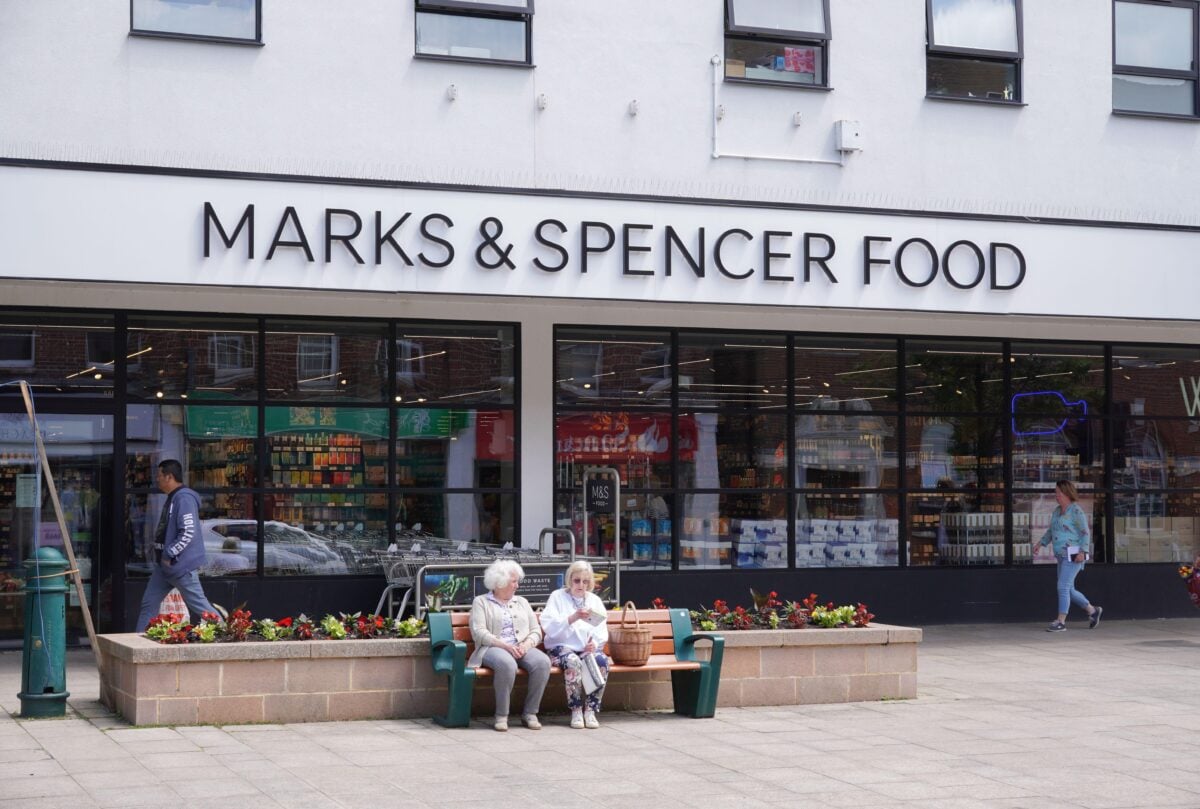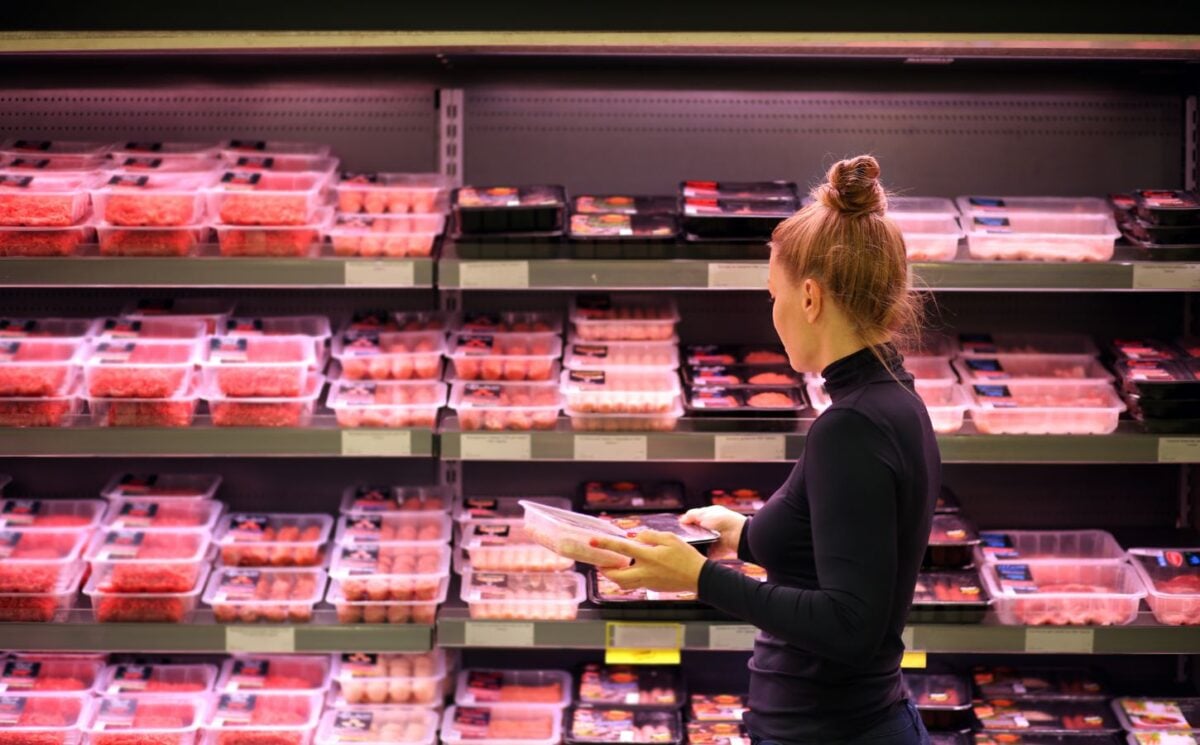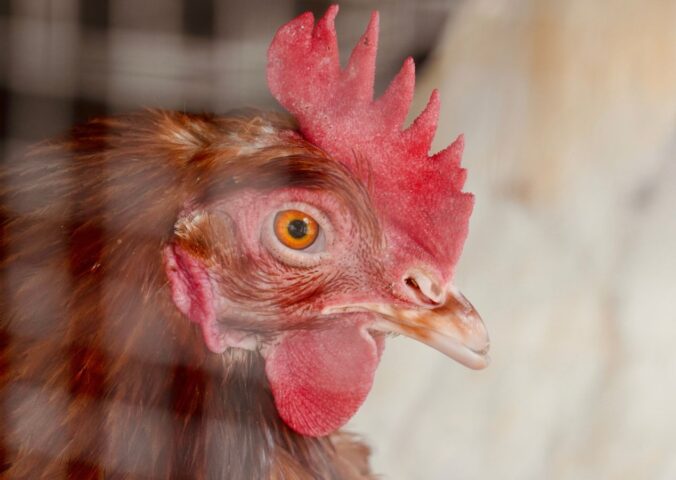UK supermarkets are failing to ensure their suppliers are not misusing antibiotics on animal farms, according to a new report from the Alliance to Save Our Antibiotics (ASOA).
Read more: ‘Imprudent’ Use Of Antibiotics In Animal Research Undermines Public Health, Says Study
The overuse of antibiotics on farmed animals globally is helping drive the rise of superbugs — pathogens resistant to antibiotics — directly killing more than a million people each year. More than 100,000 tons of antibiotics are used by the meat industry annually, far exceeding the amount used to treat humans. Retailers can help to address the problem by setting standards for suppliers.
But most of the antibiotics policies of UK supermarkets only cover own-brand products, says the ASOA report. UK law restricts British farmers from using antibiotics preventatively, but supermarkets sell many products produced abroad. The report urges the retailers to extend their policies to cover imported and branded products as well.
Factory farming to blame
While their policies say suppliers must minimize antibiotic use and protect animal health with good husbandry practices, this is not the case in reality. This is because most pigs and chickens are factory farmed, resulting in “poor hygiene, high levels of stress and avoidable disease.”
Read more: Antibiotic Overuse On UK Factory Farms ‘Could Kill Over 52,000 Humans By 2050’
The report also blames “the use of very fast-growing breeds of broiler chickens, the early weaning of piglets and routine tail docking of piglets” for contributing to increased antibiotic use. A fast-growing chicken requires six to nine times more
antibiotics than a slower-growing bird, according to the report.
Marks and Spencer ranks best

ASOA found that Marks and Spencer has the most comprehensive antibiotics policy of the 10 supermarkets assessed. It covers its full supply chain, including imported foods. M&S is also the only supermarket not to sell meat from fast-growing chickens.
Tesco and Waitrose ranked second together, meeting or partially meeting all but one of the criteria used by ASOA in its assessment.
Antibiotic use on UK farms has decreased by 59 percent since 2014 due to stricter regulations, with a decrease of 81 percent for the most critically important antibiotics. But other countries still use antibiotics on farmed animals routinely, the ASOA report says, while 36 countries still use them to fatten up animals more quickly.
Read more: Pro-Meat Ads In UK Supermarkets Prompt ASA Complaints






